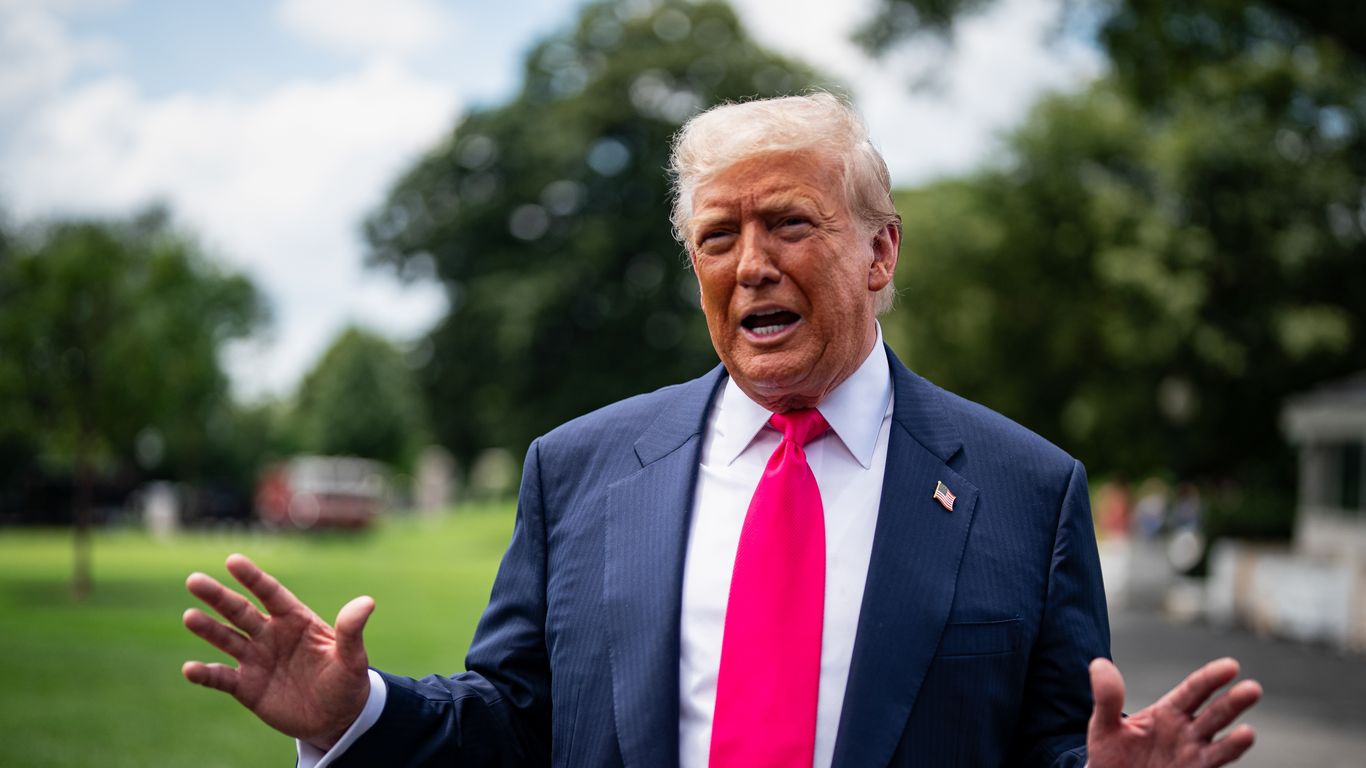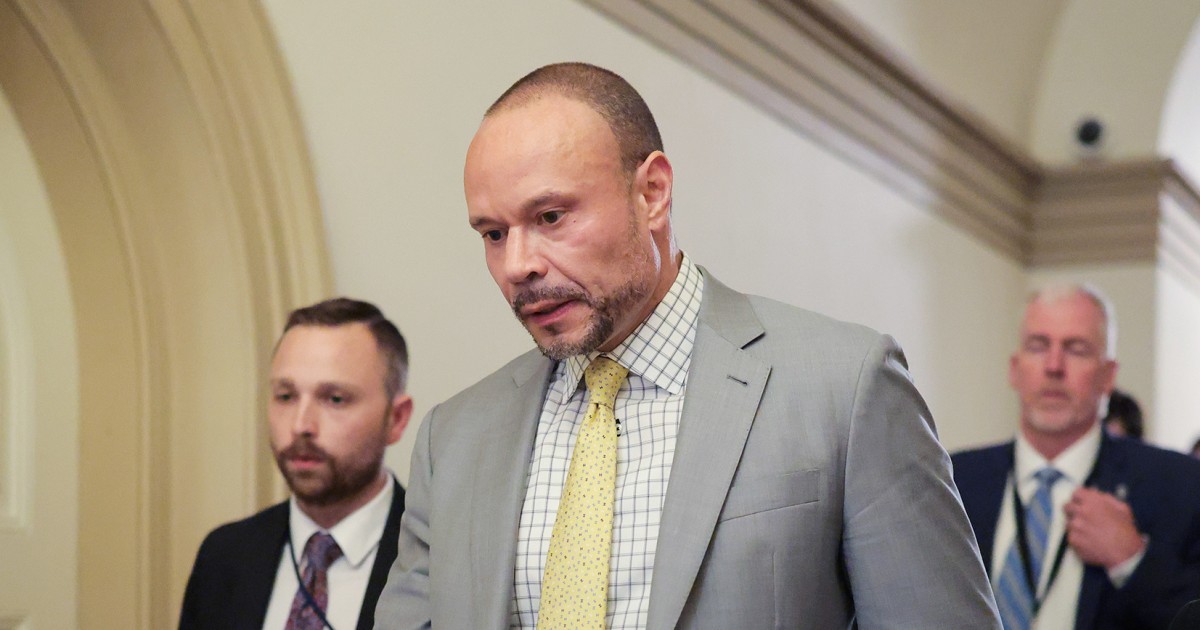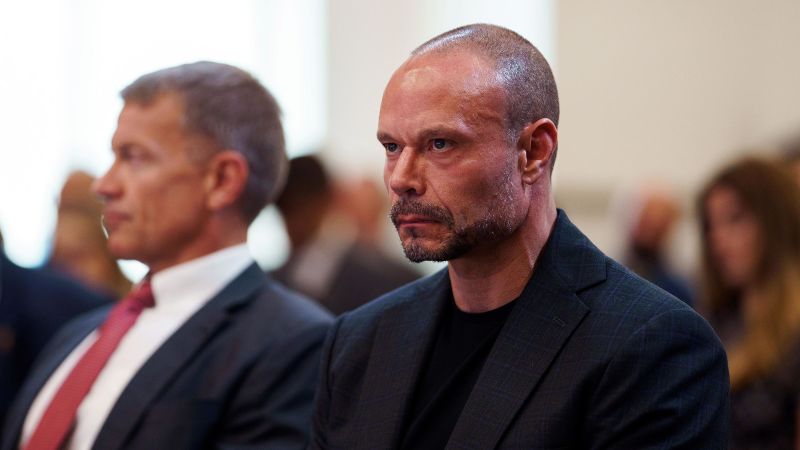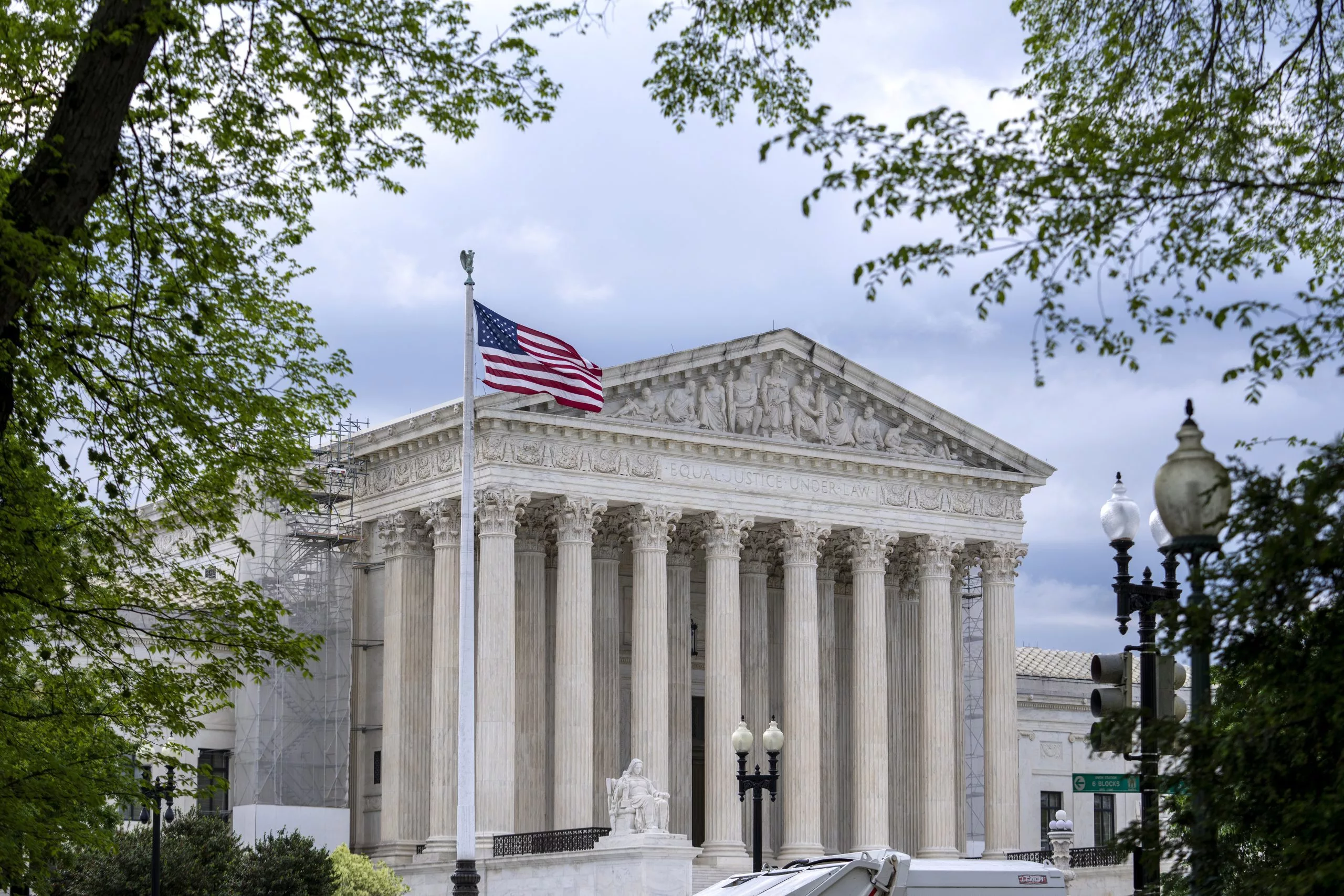The Mysterious Firing of Maurene Comey

Who is Maurene Comey?
Maurene Comey is a former prosecutor at the elite justice department office in Manhattan. She is the daughter of James Comey, the former director of the FBI. While Maurene has a prestigious background, with degrees from Harvard and the University of Chicago Law School, she has recently been removed from her position at the justice department, leaving many wondering why.
The Diddy and Epstein Cases
During her time at the justice department, Maurene Comey was involved in high-profile cases, including the investigations of Sean "Diddy" Combs and Jeffrey Epstein. In the Diddy case, Comey was part of the team that decided not to bring charges against the rapper for allegedly assaulting his son's football coach with a kettlebell. In the Epstein case, she helped secure a guilty plea from the wealthy financier for soliciting prostitution from a minor.
The Mysterious Firing
It is unclear why Maurene Comey was removed from her job at the justice department. Some speculate that it may be related to her involvement in high-profile cases, while others believe there may be underlying political motives. Whatever the reason, the sudden firing has left many questioning the decision and its potential implications for the justice system. Only time will tell if more information will come to light regarding this mysterious firing.
About the People Mentioned
Maurene Comey
Maurene Comey is an American attorney born in August 1988. She is the daughter of James Comey, the former Director of the Federal Bureau of Investigation (FBI), and his wife Patrice. Maurene graduated from the College of William & Mary in 2010 with degrees in history and music. She later attended Harvard Law School, graduating in 2013. After law school, Maurene Comey began her career as a law clerk to Chief Judge Loretta A. Preska in the Southern District of New York. She also worked as an associate at Debevoise & Plimpton. In 2014, she joined the U.S. Attorney's Office for the Southern District of New York, where she became an assistant United States attorney by 2016. Notably, Comey handled several high-profile cases, including the prosecution of Jeffrey Epstein's associate Ghislaine Maxwell, who was convicted and sentenced to 20 years in prison. She also led the prosecution of Sean "Diddy" Combs, resulting in his conviction on prostitution-related charges. In recent years, Maurene Comey's career has been marked by significant events. She was involved in the prosecution of Robert Hadden, a gynecologist accused of abuse. However, her tenure at the U.S. Attorney's Office ended abruptly when she was dismissed in July 2025. The termination was reportedly due to her connection to her father, James Comey, who was fired by President Trump in 2017. Following her dismissal, Maurene Comey filed a lawsuit against the Department of Justice, alleging unlawful termination. This legal action highlights her determination to address the circumstances surrounding her firing. Currently, Maurene Comey remains in the public eye due to her legal battle against the Department of Justice. Her case reflects broader discussions about the role of family ties in government appointments and the challenges faced by high-profile prosecutors.
James Comey
James Brien Comey Jr. (born December 14, 1960) is an American lawyer who served as the seventh Director of the Federal Bureau of Investigation (FBI) from September 2013 until his dismissal in May 2017. Before leading the FBI, Comey held prominent roles in the U.S. Department of Justice, including U.S. Attorney for the Southern District of New York (2002–2003) and Deputy Attorney General (2003–2005), the latter being the second-highest position in the DOJ. After leaving government service in 2005, he worked as general counsel for Lockheed Martin and Bridgewater Associates, and was a scholar at Columbia Law School[1][3][4]. Appointed by President Barack Obama, Comey’s tenure as FBI director was marked by high-profile investigations. He oversaw the inquiry into Hillary Clinton’s use of a private email server while Secretary of State. In July 2016, he publicly criticized Clinton’s judgment but cleared her of criminal charges. However, shortly before the 2016 presidential election, Comey controversially announced the reopening of the investigation based on new emails, which many analysts believe influenced the election outcome that favored Donald Trump[1][2][5][9]. Under President Trump’s administration, Comey confirmed the FBI’s investigation into possible Russian interference and contacts with the Trump campaign. This period included Comey’s public refutation of Trump’s unsubstantiated wiretapping claims. On May 9, 2017, President Trump abruptly fired Comey, a decision that drew extensive media attention and political debate[2][5]. Most recently, in September 2025, Comey was indicted by a federal grand jury on charges of making false statements and obstruction[9]. His career remains significant in discussions of U.S. law enforcement and political history.
Sean Combs
Sean Combs, born November 4, 1969, in Harlem, New York City, is an American rapper, record producer, entrepreneur, and actor widely known by his stage names Puff Daddy, P. Diddy, and Diddy[2][3]. He began his career as an intern at Uptown Records, quickly rising to prominence by helping launch the careers of artists like Mary J. Blige and Jodeci[3]. In 1993, he founded Bad Boy Entertainment, which became one of the most influential record labels of the 1990s, introducing artists such as The Notorious B.I.G., Faith Evans, and 112, and later expanding its roster to include acts like Machine Gun Kelly and Janelle Monáe[1][3]. Over three decades, Bad Boy amassed numerous Grammy Awards, Billboard chart-toppers, and sold over 400 million albums worldwide[3]. Combs himself achieved commercial success as a solo artist, most notably with the tribute single “I’ll Be Missing You” (honoring The Notorious B.I.G.), which spent 11 weeks at number one on the Billboard Hot 100 and earned him a Grammy[1]. His debut album, *No Way Out*, went platinum and won the Grammy for Best Rap Album[1]. Beyond music, Combs diversified into fashion with the Sean John clothing line, ventured into acting with roles in film and television, and produced reality TV shows like *Making the Band*[1][4]. He also launched business ventures in spirits, most notably the Cîroc vodka and DeLeón tequila brands[1]. Combs’s influence extends beyond entertainment; he is regarded as a cultural icon and a symbol of entrepreneurial ambition, consistently innovating across industries[3]. However, his legacy has been significantly impacted by recent legal troubles. Beginning in late 2023, he faced multiple lawsuits alleging physical and sexual abuse, which he has denied[1][2]. In 2024, he was arrested in New York City after a grand jury indictment on charges including racketeering and sex trafficking; he pleaded not guilty, and a high-profile trial followed in 2025[2]. While acquitted of the most serious charges, Combs was convicted on two counts related to transportation for prostitution and, in October 2025, was sentenced to 50 months in prison and a $500,000 fine[1][2]. These events have marked a dramatic shift in both his public image and current relevance.
Jeffrey Epstein
Jeffrey Edward Epstein (January 20, 1953 – August 10, 2019) was an American financier and convicted sex offender whose life and crimes attracted intense media scrutiny and public controversy[1][3]. Born and raised in Brooklyn, New York, Epstein initially worked as a teacher at the Dalton School in Manhattan before transitioning to a career in finance, joining Bear Stearns and later establishing his own investment firms[1][2]. He managed the wealth of billionaire Leslie Wexner, amassing significant personal fortune and cultivating a social circle that included politicians, celebrities, business leaders, and even royalty[2][3]. Epstein’s professional achievements were overshadowed by criminal allegations. In 2005, police in Palm Beach, Florida, began investigating him after a parent reported he had sexually abused her 14-year-old daughter[1]. Federal authorities later identified dozens of girls, some as young as 14, whom Epstein had allegedly abused[1][6]. In 2008, he pleaded guilty in Florida state court to procuring a child for prostitution and soliciting a prostitute as part of a controversial plea deal, serving nearly 13 months in custody with work release privileges[1][2]. Despite his conviction, Epstein avoided more severe federal charges at the time. In July 2019, Epstein was arrested again on federal charges for sex trafficking minors in Florida and New York[1][2]. While awaiting trial in a Manhattan jail, he was found dead in his cell on August 10, 2019; the medical examiner ruled his death a suicide by hanging[1][3]. The circumstances surrounding his death, including missing and modified CCTV footage, fueled widespread public skepticism and conspiracy theories[1]. In July 2025, the FBI released surveillance footage supporting the suicide ruling, though questions about the investigation persist[1]. Epstein’s case remains highly relevant due to ongoing lawsuits by his victims, investigations into his associates, and the release of thousands of previously sealed documents in early 2024 that renewed public interest in his network and alleged co-conspirators[2]. His former associate, Ghislaine Maxwell, was convicted of related charges, underscoring the lasting impact of his crimes[2]. Discussions about accountability, the influence of wealth and power, and the treatment of survivors continue to shape the public dialogue around Epstein’s legacy[2][5].
About the Organizations Mentioned
Justice Department
The United States Department of Justice (DOJ) is the principal federal agency responsible for enforcing federal laws, ensuring public safety, and protecting civil rights. Headquartered in Washington, D.C., the DOJ operates under the leadership of the Attorney General, who serves as a key member of the President’s Cabinet. As of 2025, Pam Bondi holds this position, having taken office in February and quickly shaping the department’s priorities. Established in 1870 during President Ulysses S. Grant’s administration, the DOJ’s roots trace back to the creation of the Attorney General’s office in 1789. Over the years, it has grown into a vast organization with more than 115,000 employees and over 40 component agencies, including the Federal Bureau of Investigation (FBI), Drug Enforcement Administration (DEA), and U.S. Marshals Service. The DOJ also houses specialized divisions for criminal, civil, antitrust, tax, civil rights, and national security matters, and oversees 94 U.S. Attorney offices nationwide. The DOJ’s mission centers on upholding the rule of law, safeguarding national security, and defending civil liberties. In 2025, the department has shifted its enforcement focus, prioritizing areas such as healthcare fraud, customs and tariff evasion, and corporate misconduct, especially involving foreign adversaries and financial gatekeepers. Recent policy changes have emphasized efficiency in investigations and reduced reliance on corporate compliance monitors, reflecting a broader effort to minimize regulatory burdens on businesses. Notably, the DOJ has also been tasked with reviewing past government conduct to address concerns about the “weaponization” of federal agencies, ensuring accountability and restoring public trust. For business and technology leaders, the DOJ’s evolving priorities—particularly in areas like cybersecurity, antitrust, and international trade—have significant implications for compliance, risk management, and corporate governance.
FBI
The Federal Bureau of Investigation (FBI) is a premier law enforcement agency in the United States, renowned for its role in protecting the nation from domestic and international threats. Founded on July 26, 1908, as the Bureau of Investigation, it was initially tasked with addressing land fraud and corporate malfeasance under President Theodore Roosevelt[1][2]. Over time, its mandate expanded significantly, particularly with the passage of the Mann Act in 1910, which allowed federal jurisdiction over certain moral offenses[1][4]. ### History and Evolution The FBI underwent significant transformation under J. Edgar Hoover, who became its director in 1924. Hoover implemented strict hiring standards and enhanced operational capabilities, transforming the agency into a robust investigative force[1][4]. The FBI's name was officially changed to the Federal Bureau of Investigation in 1935[5][6]. Throughout its history, the FBI has faced challenges, including concerns about potential abuses of power, but it has consistently demonstrated its value in national security and law enforcement[3][4]. ### Key Achievements The FBI has been instrumental in combating various crimes, including white-collar offenses, civil rights violations, and national security threats. Notable achievements include its role in enforcing the Espionage Act during World War I and its investigations into organized crime throughout the 20th century[2][4]. ### Current Status Today, the FBI is a sophisticated agency with over 37,100 employees, including special agents and professionals in various fields such as intelligence analysis and cybersecurity[5]. It operates in 55 field offices across the U.S. and has an international presence in 81 nations[5]. The FBI continues to evolve, addressing emerging threats like cybercrime and terrorism while maintaining its commitment to justice and integrity. ### Notable Aspects The FBI is known for its rigorous training programs at the FBI Academy in Quantico, Virginia, and its advanced forensic capabilities at the FBI Laboratory. Its work in business and technology includes


















